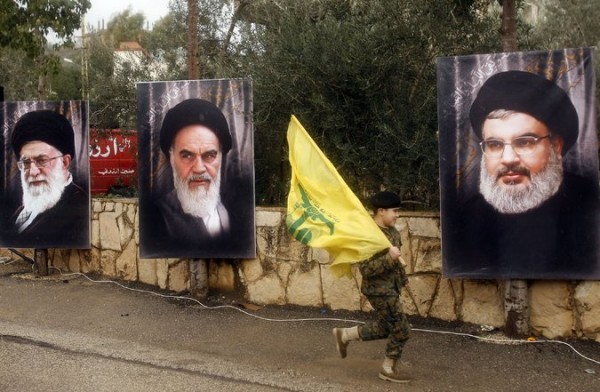
Director of US National Intelligence James Clapper said in a letter to lawmakers that Iran and Hezbollah remain threats to the U.S., responding to what Senate critics said was an omission in a global threat assessment submitted to Congress earlier this year.
Mr. Clapper told Republicans on the Senate Intelligence Committee that Iran and Hezbollah “directly threaten the interests of the United State and our allies.” The intelligence community considers Iran to be the “foremost state sponsor of terrorism” and sees Tehran increasing its ability to influence regional crises and conduct terrorism, largely through Iran’s Revolutionary Guard and Lebanese Hezbollah, Mr. Clapper wrote in the June 3 letter, the contents of which haven’t been previously reported.
Mr. Clapper wrote in response to a letter lawmakers sent in April expressing concern that the unclassified threat assessment report submitted to the Senate earlier this year didn’t fully represent the threat posed by Iran’s support for terrorist organizations and certain Shiite militias in the Middle East.
Iran and Hezbollah weren’t included as terror threats in the intelligence community’s unclassified report presented to the Senate in February.
In his response, Mr. Clapper outlined destabilizing behavior by Iran and Hezbollah across the Middle East, including their efforts to preserve Syrian President Bashar al-Assad’s regime. The letter also repeated U.S. concerns about Iran’s support to the Houthis in Yemen and said Hezbollah is training Houthi fighters there. The U.S. backs the Saudi-led military coalition aimed at reinstalling Yemeni president Abed Rabbo Mansour Hadi.
The letter comes as U.S. lawmakers and Washington’s Gulf Arab allies are wary of signs that the U.S. and Iran are drawing closer together as nuclear negotiations with Iran near a June 30 deadline. Mr. Obama convened a summit for Arab leaders last month and strengthened U.S. military backing to try to assuage concerns about regional stability.
The Obama administration repeatedly has said that whether or not it signs an agreement with Iran, it will continue to be concerned about Iran’s destabilizing behavior in the Middle East. A senior Western diplomat said Thursday “we’re more likely to get a deal than not.”
WSJ

Leave a Reply
You must be logged in to post a comment.